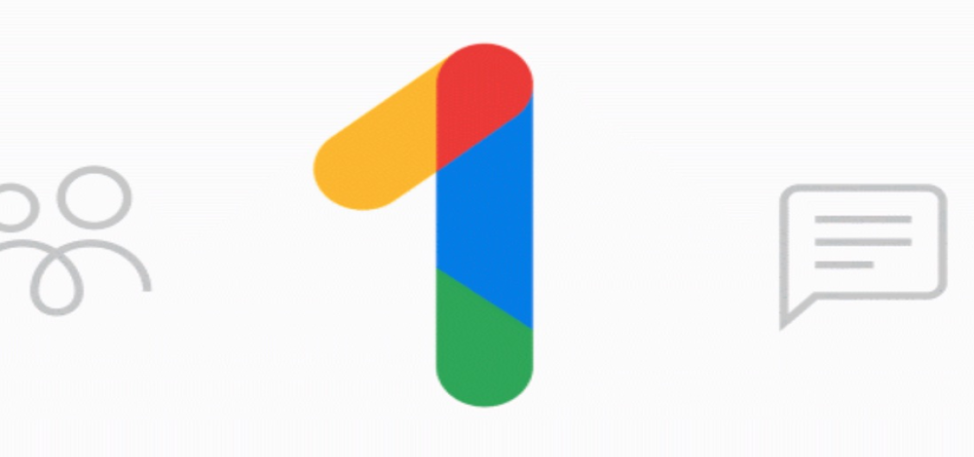In a move set to redefine the intersection between technology and everyday life, Google has announced a significant upgrade to its Chrome browser, incorporating generative artificial intelligence to enhance user experience. This transformative step not only exemplifies Google's commitment to innovation but also signals a shift in the competitive dynamics of the big A.I. market. With tech juggernauts like Microsoft and Meta already in the fray, Google's latest initiative promises to bring sophisticated A.I. capabilities to the fingertips of casual users, further democratizing access to advanced machine learning technologies.
The introduction of A.I.-powered features to Chrome is described as an experimental step by Google, focusing on addressing "real user pain points." This user-centric approach is indicative of Google's strategy to seamlessly integrate A.I. into everyday tasks, thereby simplifying and enriching the digital experience. Among the enhancements announced, the much-anticipated A.I.-backed writing assistant stands out as a revolutionary tool set to debut in the Chrome browser soon. This assistant is designed to assist users with a variety of writing tasks, from composing emails to generating creative content, by simply right-clicking and providing the A.I. with a starting point.
The new features, including the writing assistant, are initially rolling out to U.S. users, highlighting Google's phased approach to deployment. The groundbreaking writing assistant, in particular, is set to be released with Chrome's February update, offering a glimpse into a future where A.I. serves as a ubiquitous partner in personal and professional writing endeavors. By leveraging machine learning models trained on vast datasets, Google's writing assistant promises to deliver contextually relevant and coherent text, streamlining the writing process for users of all levels.
As the A.I. landscape continues to heat up, Google's latest announcement can be seen as a strategic response to Microsoft's A.I. enhancements in its Edge browser and Bing search engine. The race to dominate the A.I. market is not just about technological prowess but also about capturing the loyalty of a global user base. Google's move to integrate A.I. directly into Chrome - a browser already boasting a massive user base - demonstrates the company's intent to maintain its edge in the market and redefine the value proposition of its offerings.
The advent of Google's A.I. writing assistant marks a significant milestone in the evolution of user-focused A.I. applications. By embedding this technology within Chrome, Google is not only simplifying the writing process but also setting the stage for future advancements in A.I.-assisted tasks. As users begin to explore the capabilities of the new writing assistant, the potential for A.I. to enhance daily life becomes ever more tangible. This is a clear signal that the era of A.I. as a novelty is giving way to an era where A.I. is an integral part of the fabric of day-to-day digital interactions.









